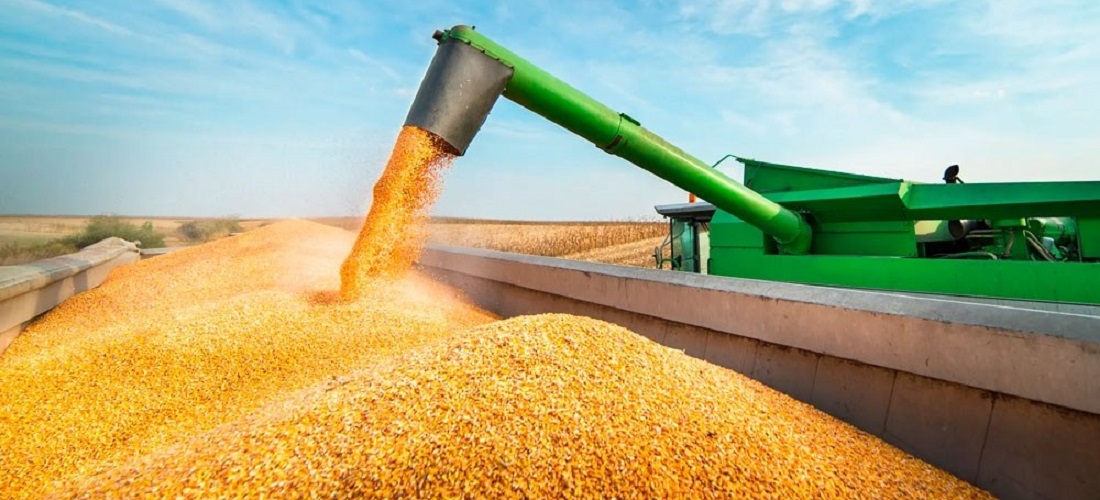
Agribusiness exports hit record, but foreign revenues fall
Nov, 11, 2019 Posted by Sylvia SchandertWeek 201946
The volume of agribusiness products exported by Brazil from January to September this year grew 6% compared to the same period of 2018, reaching a record amount, according to data from Cepea (Center for Advanced Studies in Applied Economics), from Esalqhow/USP. This increase was linked to the growth in sales of meat, corn, cotton, ethanol, and coffee.
Dollar revenues, however, fell 4% to US$72bn from January to September 2019. According to Cepea researchers, this result is due to the drop in average prices paid for shipped agribusiness products. In Real, turnover was even more intense, down 15%, due to the effects of both the fall in dollar prices and the value of the Brazilian currency.
Exported Products – After registering significant increases in 2018, foreign sales of soy complex products declined in 2019. Corn and meat have registered strong advance in shipments. In the case of cereals, the amount exported from January to September this year more than doubled compared to the same period of 2018. As for meat, the increases in values were of 9% for bovine, 12% for pork, and 3%. for birds. It is worth nothing that the increase in foreign sales of meat has been influenced by the sanitary crisis in China, due to the episode of African Swine Fever.
Destination – China remains the main destination for Brazilian agribusiness exports, with 32% of the total sold by the sector, followed by Eurozone countries (15%), and the United States (7%).
Expectations – Even though the volume shipped by Brazilian agribusiness continues to expand in the last quarter, 2019 revenues should be lower than last year’s, which is worth remembering was a record. This is because the worldwide supply of agribusiness products at high levels has been pushing down foreign prices this year.
Overall, the Brazilian economy has shown good macroeconomic fundamentals, with target inflation, and lower interest rates. It is worth remembering that lower interest rates may favor investments in agricultural production, which, in turn, contributes to the Brazilian supply of food, fiber, and energy to continue expanding.
-
Other Logistics
Jan, 10, 2024
0
Stakeholders Unite to Solve Truck Traffic Issues in São Paulo Coast
-
Shipping
Mar, 25, 2020
0
Anvisa establishes new rules for seafarers to control Coronavirus
-
Grains
Mar, 27, 2019
0
Argentine soybean farmers hold off deals waiting for trade war’s end
-
Coffee
Aug, 18, 2023
0
Ag minister grants BRL 6.3 billion for coffee industry in Brazil


